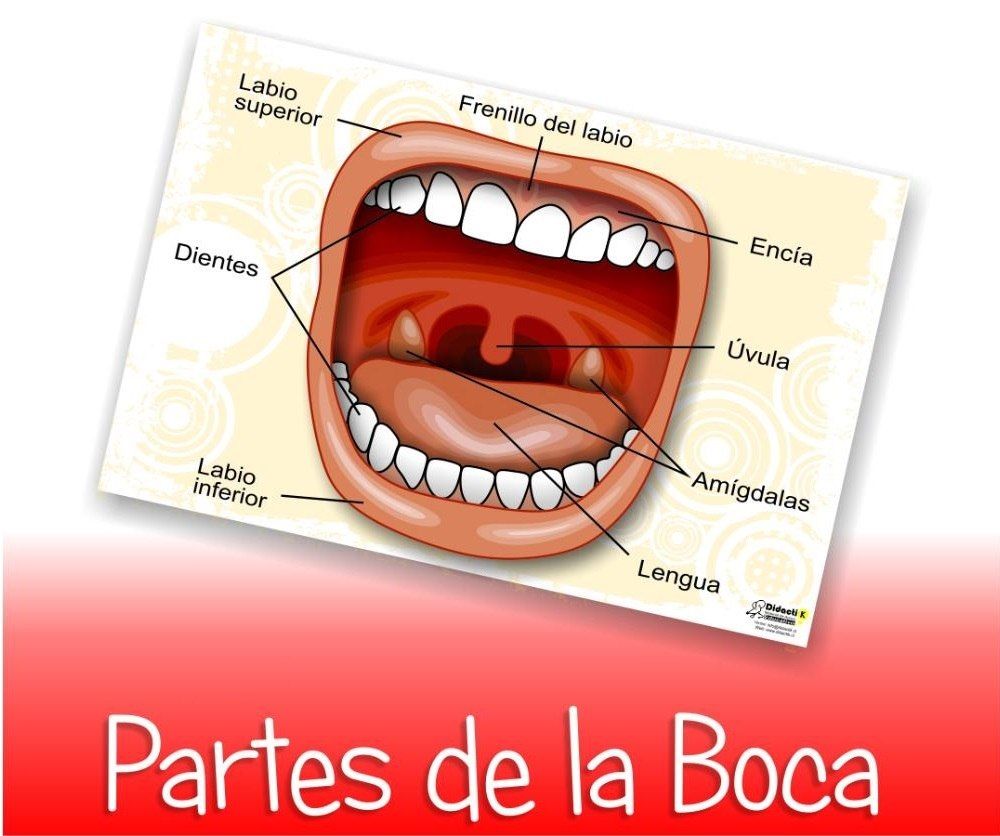Allergies: Relieve Achy Body Symptoms
The frustration and discomfort of dealing with allergies can be overwhelming, especially when they manifest as achy body symptoms. Allergies occur when the body’s immune system overreacts to a harmless substance, such as pollen, dust, or certain foods, triggering a cascade of chemical reactions that can lead to a wide range of symptoms. For many people, allergies can cause more than just the typical sneezing, runny nose, and itchy eyes; they can also lead to body aches and pains that can be debilitating.
Understanding the Connection Between Allergies and Body Aches
Research suggests that the chemical mediators released during an allergic reaction, such as histamine and bradykinin, can cause blood vessels to dilate, leading to increased blood flow and swelling in various parts of the body. This can result in aches and pains in the muscles, joints, and other areas. Additionally, the inflammatory response triggered by allergies can also contribute to body aches, as the immune system works to fight off the perceived threat.
Common Causes of Achy Body Symptoms in Allergies
Several factors can contribute to achy body symptoms in allergies, including:
- Histamine release: The chemical mediator histamine plays a significant role in allergic reactions, causing blood vessels to dilate and leading to increased blood flow and swelling.
- Inflammatory response: The immune system’s response to the allergen can lead to inflammation, which can cause pain and discomfort in various parts of the body.
- Muscle tension: The stress and discomfort of dealing with allergies can lead to muscle tension, which can exacerbate body aches and pains.
- Hormonal changes: Fluctuations in hormone levels, such as those experienced during pregnancy or menstruation, can affect the severity of allergic reactions and associated body aches.
Relieving Achy Body Symptoms: A Multi-Faceted Approach
While there is no single “cure” for allergy-related body aches, a combination of strategies can help alleviate symptoms and improve overall quality of life. Some approaches include:
- Over-the-counter medications: Antihistamines, pain relievers, and anti-inflammatory medications can help alleviate symptoms, but it’s essential to follow the recommended dosage and consult with a healthcare professional before taking any medication.
- Immunotherapy: Allergy shots or sublingual immunotherapy can help desensitize the body to specific allergens, reducing the severity of reactions and associated symptoms.
- Lifestyle modifications: Maintaining a healthy diet, staying hydrated, and engaging in regular exercise can help reduce stress and inflammation, which can contribute to body aches.
- Stress management: Techniques such as meditation, deep breathing, and yoga can help manage stress and anxiety, which can exacerbate allergy symptoms.
It's essential to consult with a healthcare professional to determine the best course of treatment for allergy-related body aches. They can help identify the underlying causes of symptoms and develop a personalized plan to alleviate discomfort and improve overall health.
Practical Strategies for Managing Achy Body Symptoms
In addition to medical treatments and lifestyle modifications, several practical strategies can help manage achy body symptoms associated with allergies:
- Keep a symptom journal: Tracking symptoms and potential triggers can help identify patterns and inform treatment decisions.
- Stay hydrated: Drinking plenty of water can help flush out toxins and reduce inflammation.
- Get enough sleep: Aim for 7-8 hours of sleep per night to help regulate the immune system and reduce stress.
- Engage in gentle exercise: Activities like yoga, walking, or swimming can help reduce muscle tension and improve overall well-being.
Managing Allergy-Related Body Aches: A Step-by-Step Guide
- Consult with a healthcare professional to determine the underlying causes of symptoms.
- Develop a personalized treatment plan, including medication, immunotherapy, and lifestyle modifications.
- Keep a symptom journal to track patterns and identify potential triggers.
- Stay hydrated, get enough sleep, and engage in gentle exercise to reduce stress and inflammation.
Conclusion
Achy body symptoms associated with allergies can be frustrating and debilitating, but there is hope for relief. By understanding the underlying causes of symptoms and implementing a multi-faceted approach to treatment, individuals can alleviate discomfort and improve overall quality of life. Remember to consult with a healthcare professional to determine the best course of treatment and develop a personalized plan to manage allergy-related body aches.
What are the most common causes of achy body symptoms in allergies?
+The most common causes of achy body symptoms in allergies include histamine release, inflammatory response, muscle tension, and hormonal changes.
How can I relieve achy body symptoms associated with allergies?
+A combination of strategies, including over-the-counter medications, immunotherapy, lifestyle modifications, and stress management, can help alleviate symptoms and improve overall quality of life.
What are some practical strategies for managing achy body symptoms?
+Practical strategies for managing achy body symptoms include keeping a symptom journal, staying hydrated, getting enough sleep, and engaging in gentle exercise.
